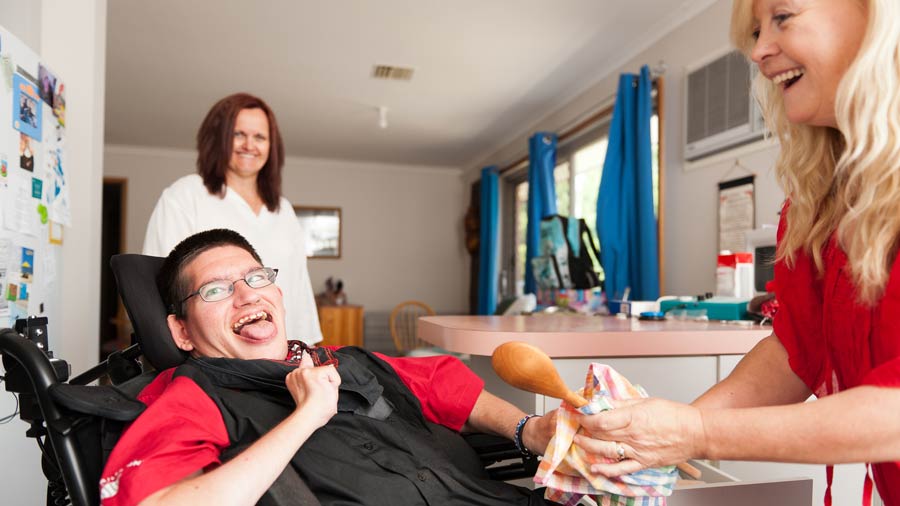Press reset
The Social Housing White Paper and supported housing services

INNOVATION & IMPROVEMENT
Image: Istock

Liz Zacharias
Senior Consultant, Campbell Tickell
The Social Housing White Paper, released by the government in November 2020, set out a range of new expectations for the housing sector in England. These covered building safety, tenant empowerment, the accountability of Registered Providers (RPs), strengthening of consumer standards and the role of the Regulator of Social Housing (RSH) in enforcing compliance.
Key points
The regulator will require RPs – housing associations, local authorities and for-profit providers – to demonstrate how they have tried to improve tenant engagement. There are also a proposed set of key performance indicators based around tenant satisfaction with landlord performance in areas such as: repairs, safety, complaints, engagement and neighbourhood management.
RPs will also need to appoint an accountable person for safety and consumer standards. Further, there is an expectation that tenants will be able to access key information about their landlord. Finally, the White Paper also strengthens the Housing Ombudsman service to include quicker avenues for redress and more sharing of data and case studies on complaints.
Supported housing questions
All of these measures are welcome and laudable. However, it is not clear how the Tenants’ Charter will be applied to supported housing that is owned by RPs but managed by managing agents.
To date, a vast majority of tenants living in properties that are managed by an agent have had very little contact with their landlord. Apart from a name on the tenancy or licence agreement, and perhaps an emergency repairs reporting phone number, most tenants in managed accommodation will have little awareness of their landlord, or that their landlord will be required to demonstrate more accountability to tenants – including them. This needs to change.
Tenant accountability and empowerment, as well as reporting to tenants, should include those in supported housing managed by agents too. This is nowhere more important than in repairs and safety.
Many a managing agent will tell you that they often find repairs are delayed or don’t get done. Cyclical repairs, upgrades and refurbishments are delayed and de-prioritised. It is also often the case that asset management/repairs departments of RPs have very little awareness or knowledge of their supported housing stock when it is managed by someone else.
Press reset button with tenants
The White Paper should be seen by RPs as an opportunity to press the reset button. To start to engage with and make themselves known to their tenants, to clarify their responsibilities and to be equally accountable to the tenants of supported housing managed by agents, as they are to their directly managed tenants.
The person nominated within the RP as the accountable person for safety and for consumer standards should ensure they know their supported housing stock, and the agents managing these properties. They must ensure that the tenants of those properties know their landlord and what its responsibilities and accountability are.
Supported housing tenants should also have access to performance information on their landlord. Specifically data related to supported housing provision, not just in general covering the landlord’s entire stock. Further, landlords should be required to extrapolate and report on tenant satisfaction data related to their tenants in agency-managed accommodation.
“Tenant accountability and empowerment, as well as reporting to tenants, should include those in supported housing managed by agents too. This is nowhere more important than in repairs and safety”
Clarify managing agent relationships
This means that the relationship and responsibilities between agent and RP must be clarified. How far can or should the RP be allowed to delegate these responsibilities? Will each agent have to identify its own responsible person for safety and consumer standards or do those responsibilities stay with the RP? If they stay with the RP, as I believe they should, my plea is that when setting up the systems to manage their responsibilities and accountabilities, RPs remember their supported housing tenants where managing the tenancy has been delegated to agents.
They need to be empowered and treated with respect as consumers in their own right. Ensure this happens and RPs will be delivering for their customers as they should and won’t fall foul of the regulator.


